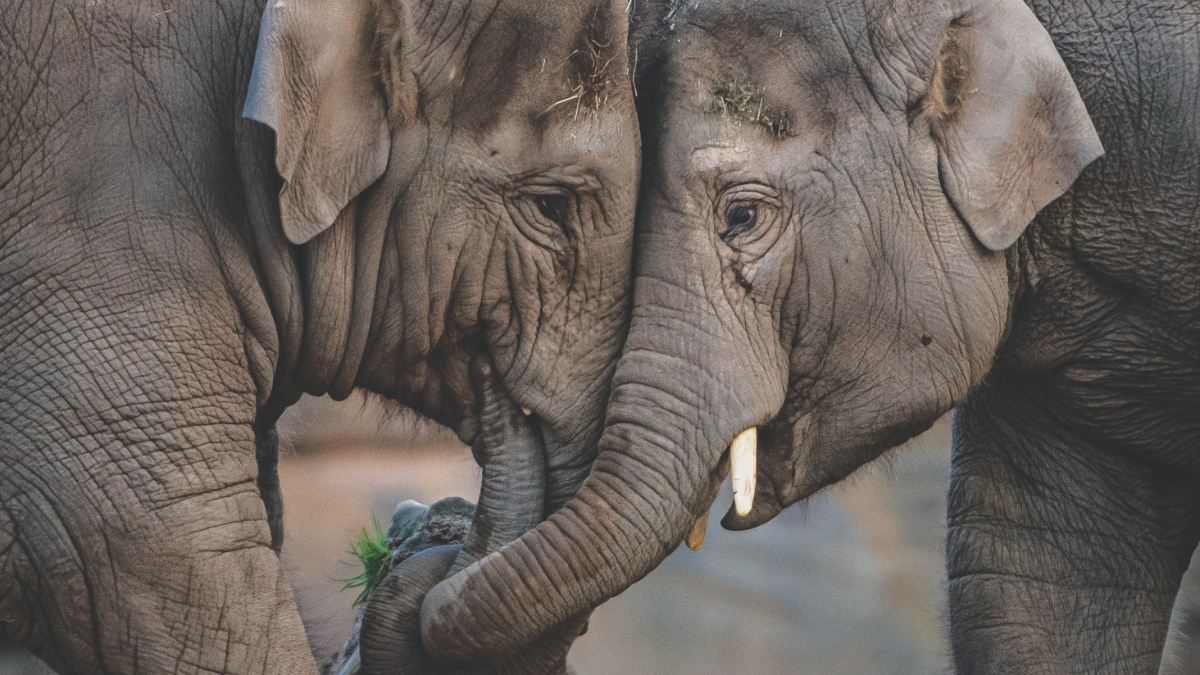Breakthrough results from elephant herpesvirus trial find vaccine to be safe
The world’s first vaccine trial against elephant endotheliotropic herpesvirus (EEHV) – a leading cause of death in young Asian elephants – is safe and triggers a strong virus-fighting immune response, according to an international team led by the University of Surrey, Chester Zoo and the Animal and Plant Health Agency.

Published in Nature Communications, the proof‑of‑concept study involved adult elephants at Chester Zoo. No side effects were seen, and the vaccine successfully activated a key part of the immune system that helps fight viruses.
The elephants received a two‑step vaccination: first, a viral vector carrying two EEHV proteins (EE2 and major capsid protein), then a booster with purified proteins plus an adjuvant to strengthen the response. Blood samples were tested in various ways, including using whole transcriptome sequencing to see which immune pathways were switched on – the first time such systematic immune profiling has been carried out in elephants.
The results suggest the vaccine could prevent deadly EEHV disease in calves – the group most at risk – and support conservation breeding programmes worldwide.
Our findings give real hope that vaccination can become a practical tool for preventing severe disease and death due to EEHV. The next step could be to trial the vaccine in calves and in range countries, so we can begin to protect those most at risk.Dr Tanja Maehr, lead author of the study from the Animal and Plant Health Agency
The vaccine particularly activated two key types of immune cells – CD4+ and CD8+ T cells (often called “helper” and “killer” cells) – that mediate the immune system’s fight against viruses. Systems immunology analysis – carried out in partnership between the University of Surrey and São Paulo – confirmed the broad activation of anti-viral immunity.
These findings show that a two‑step vaccine can safely inform the elephant's immune system to fight EEHV.
This vaccine has been in development for several years and was first delivered to an elephant here at Chester Zoo in 2021. This publication marks a watershed moment.Dr Katie Edwards, Lead Conservation Scientist at Chester Zoo
EEHV has taken the lives of so many elephants, both in human care and in the wild, but this vaccine offers hope. We can’t yet say this will be the end of EEHV deaths, but we have taken a massive step towards that goal.
Media Contacts
External Communications and PR team
Phone: +44 (0)1483 684380 / 688914 / 684378
Email: mediarelations@surrey.ac.uk
Out of hours: +44 (0)7773 479911
